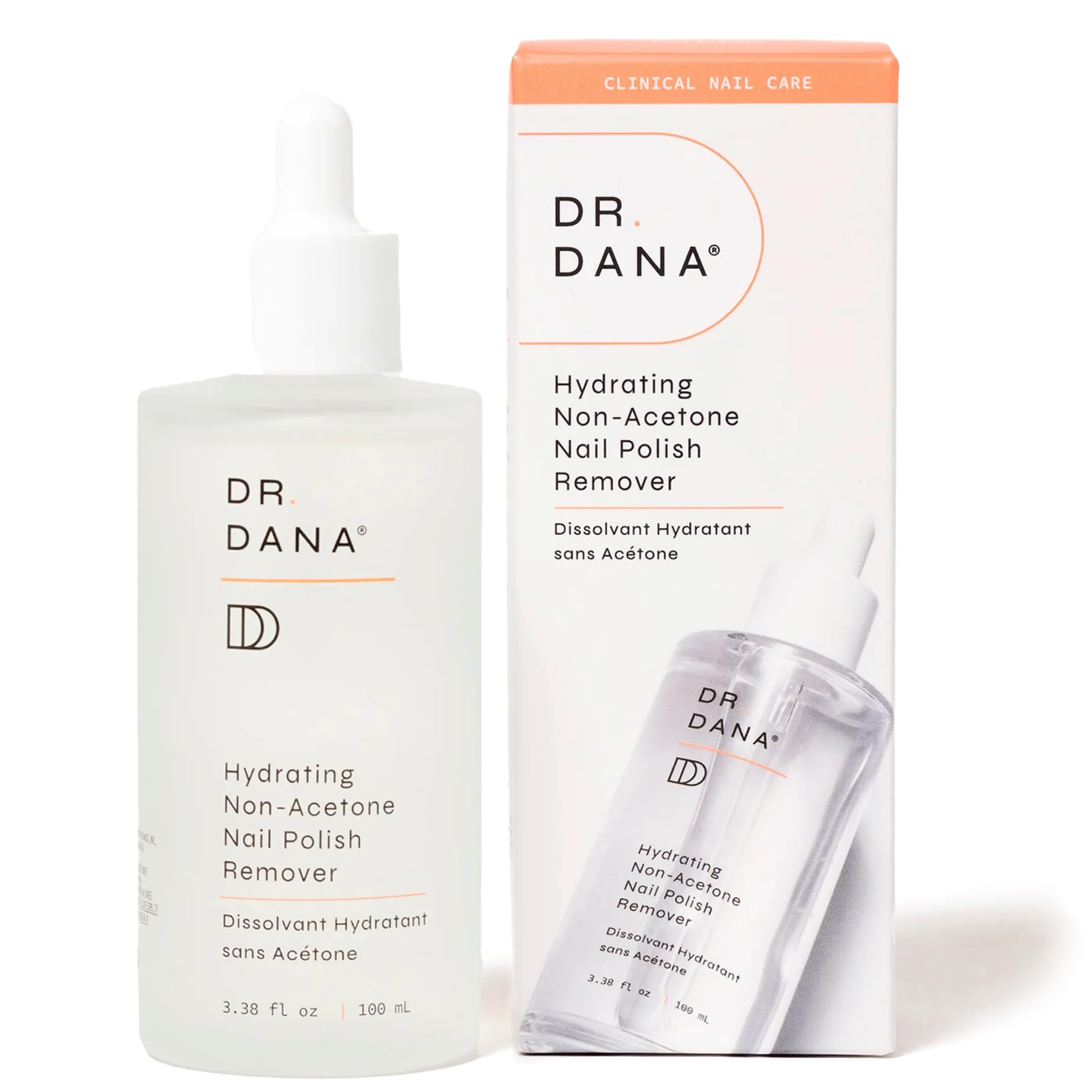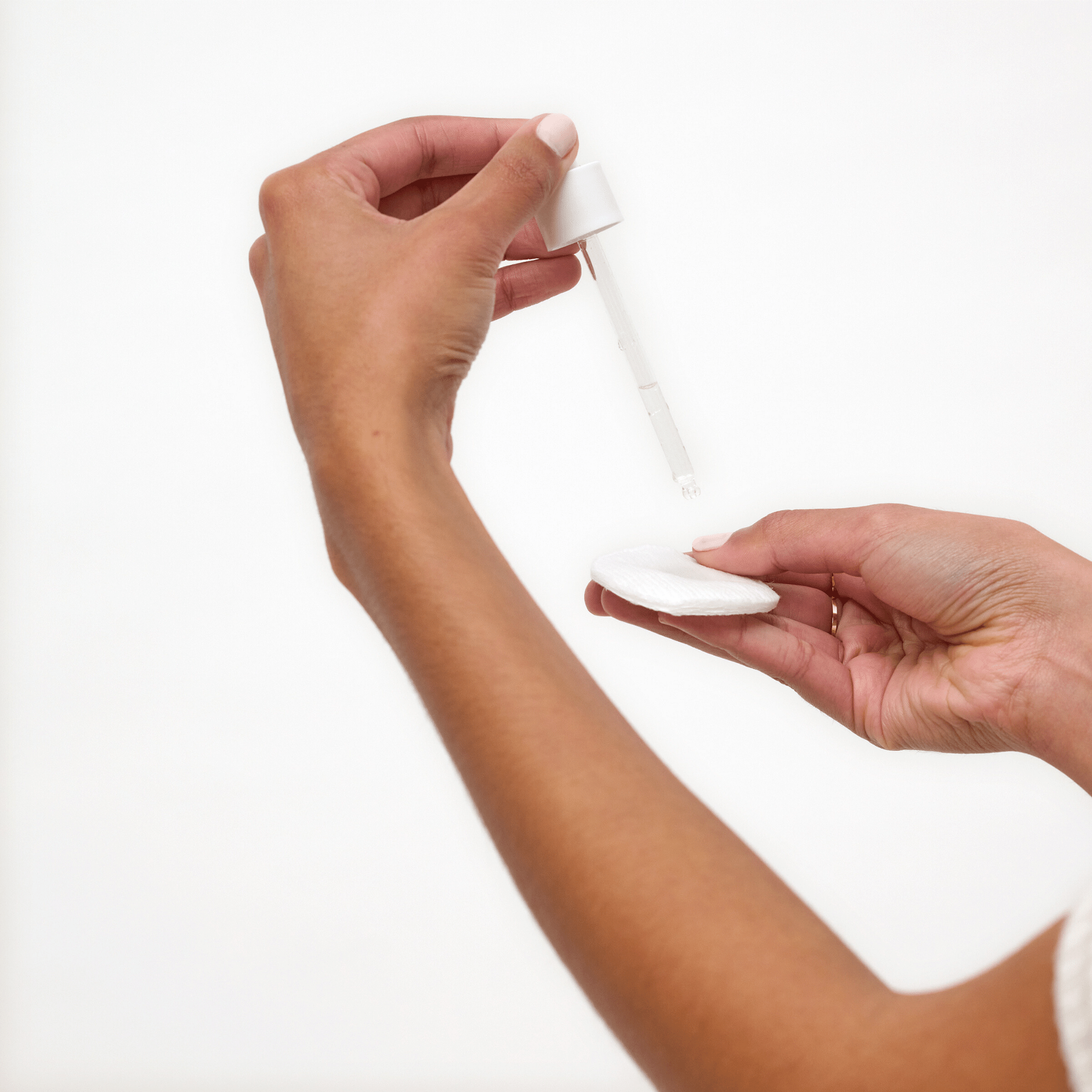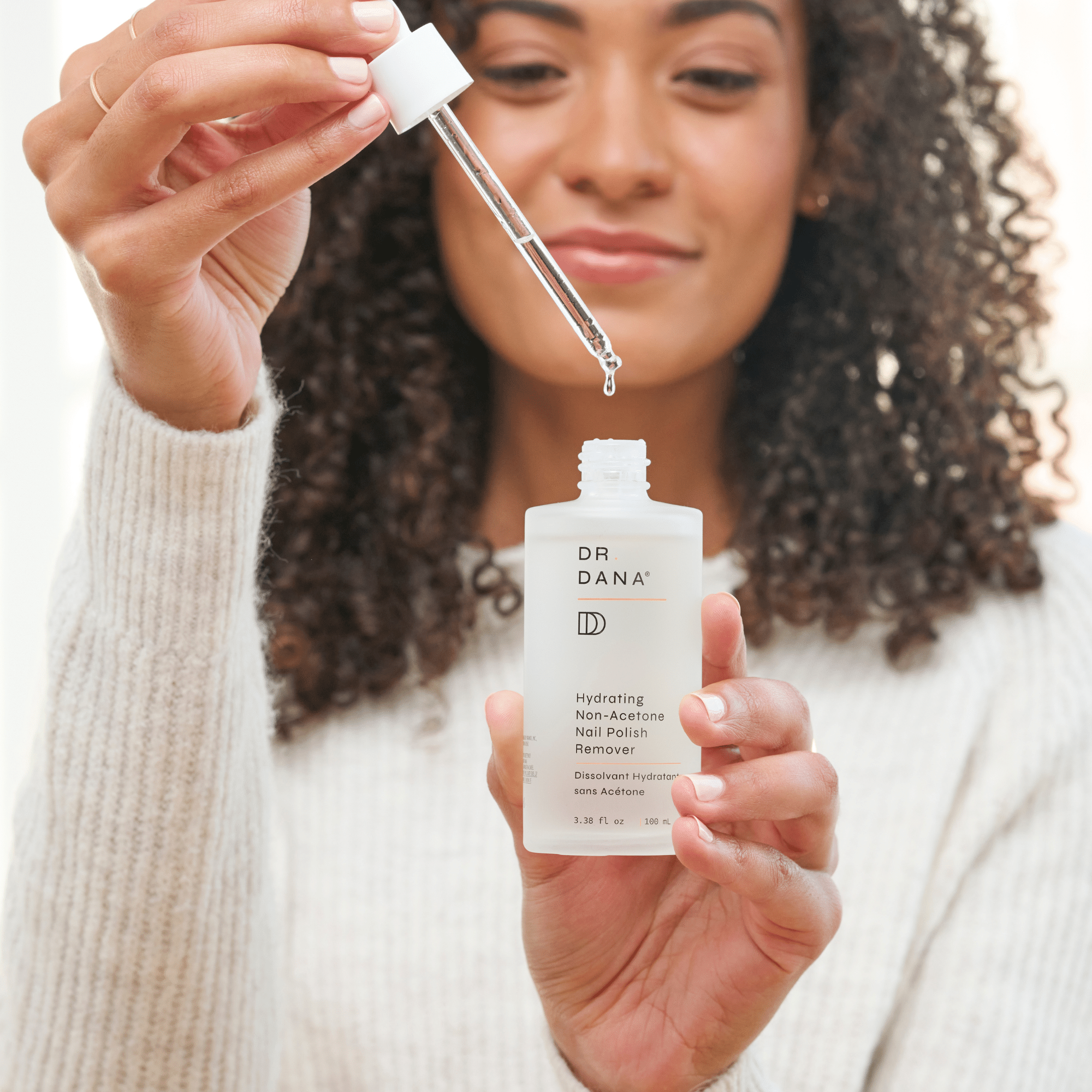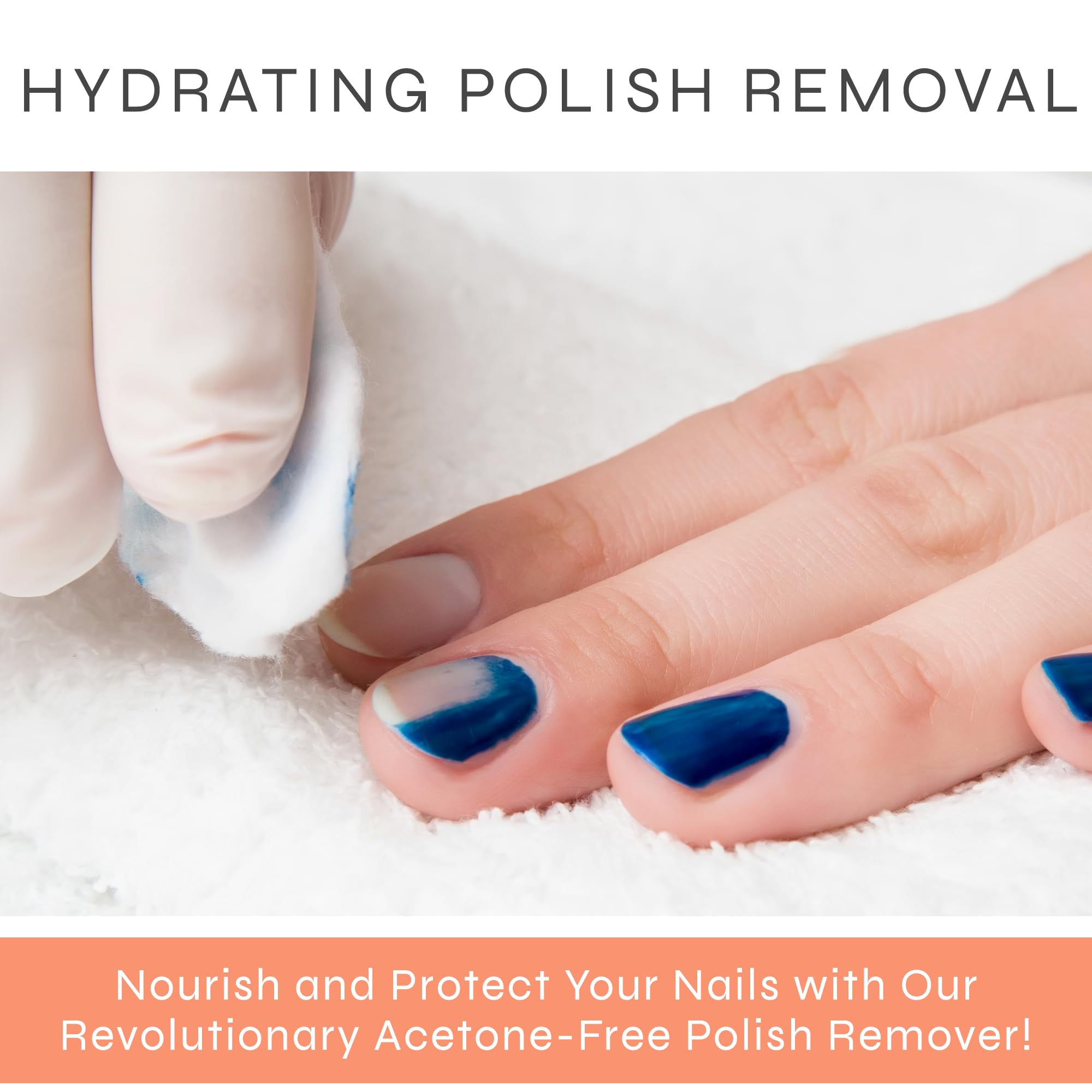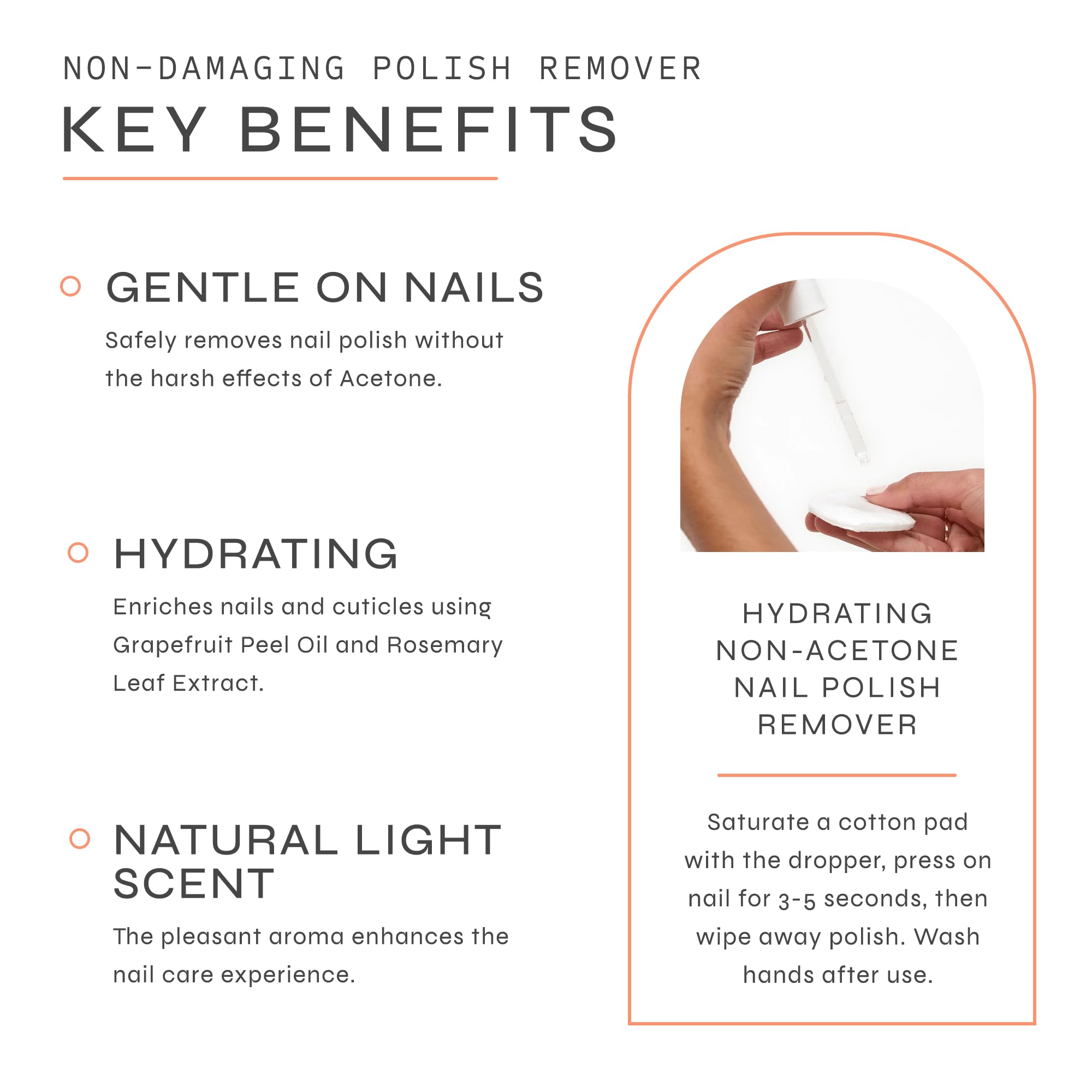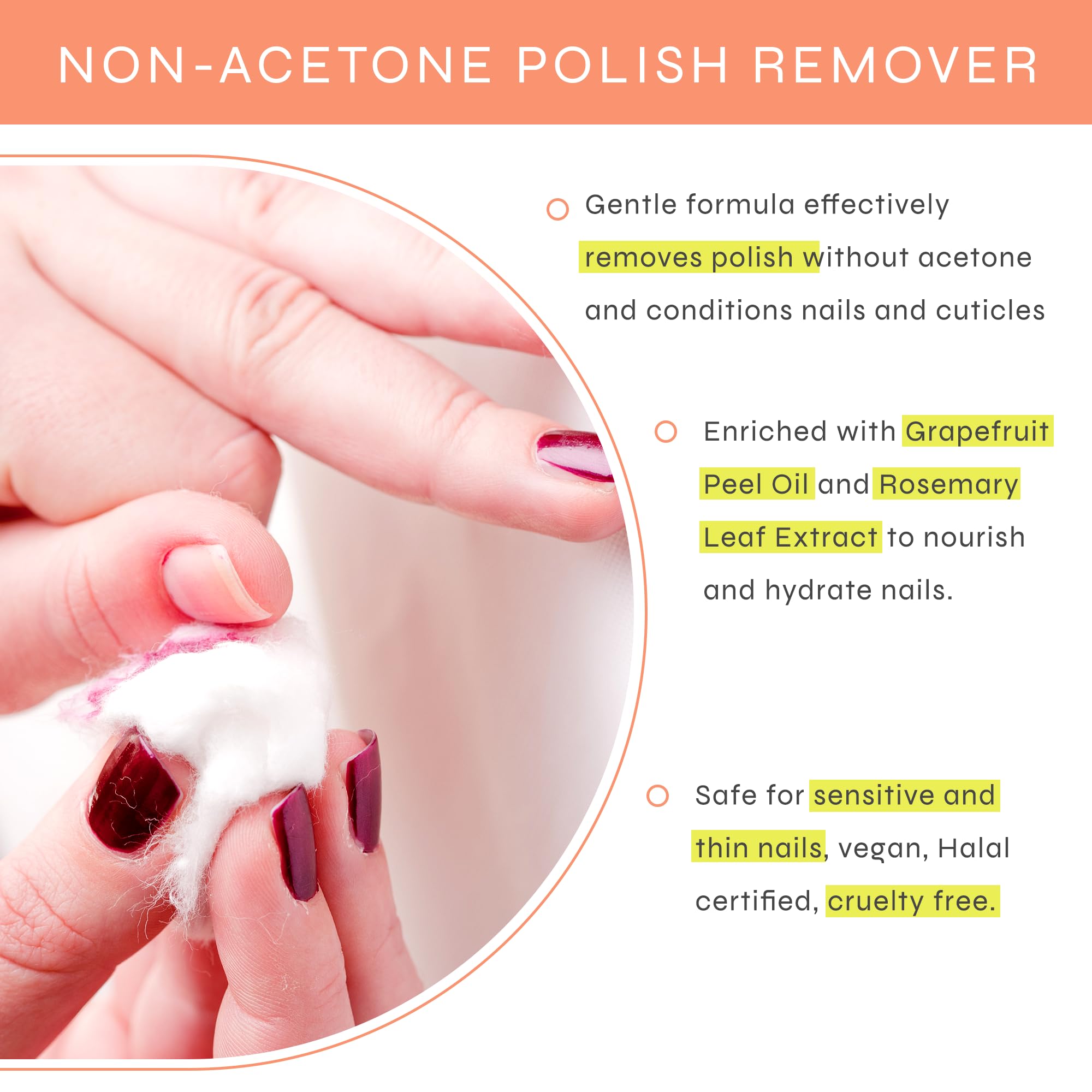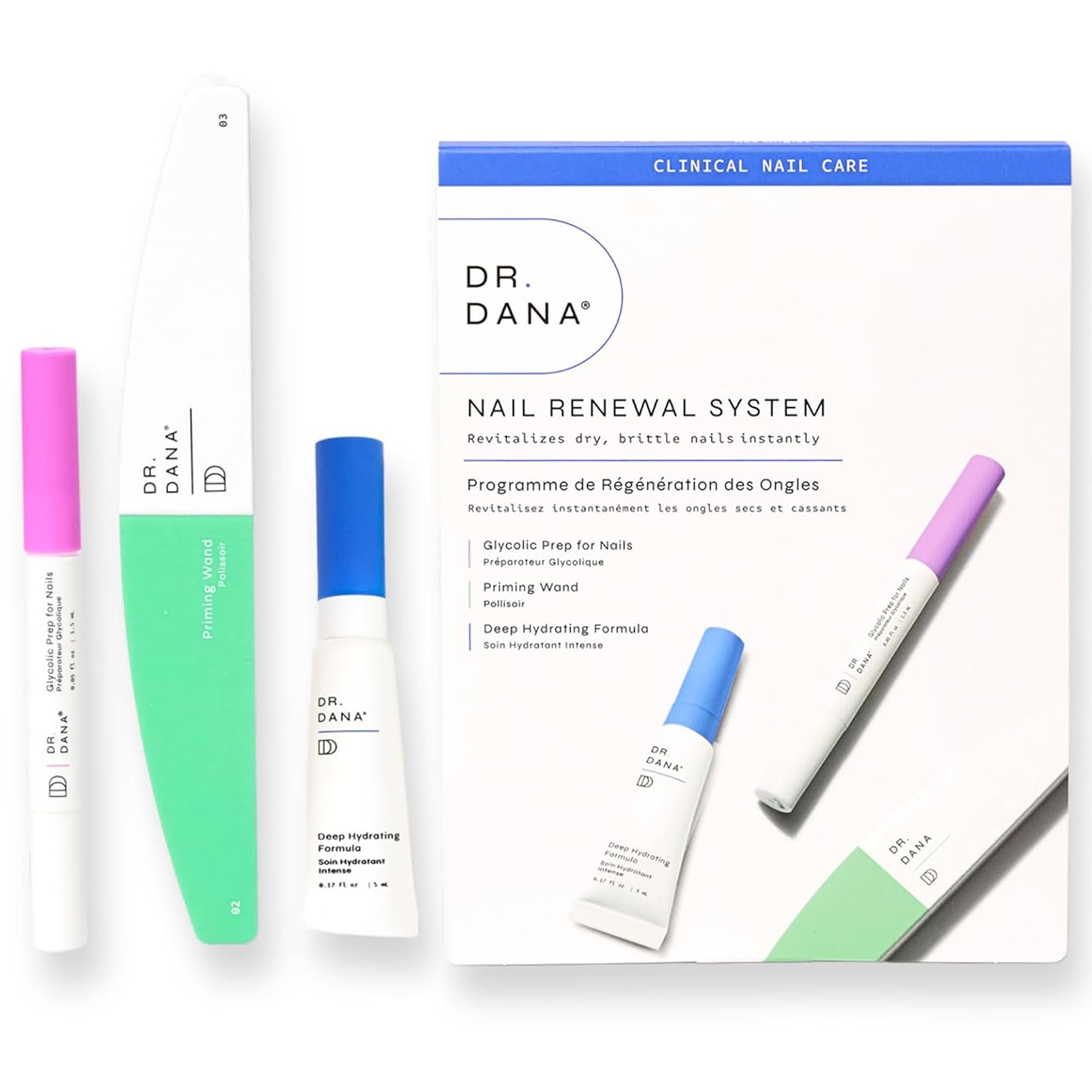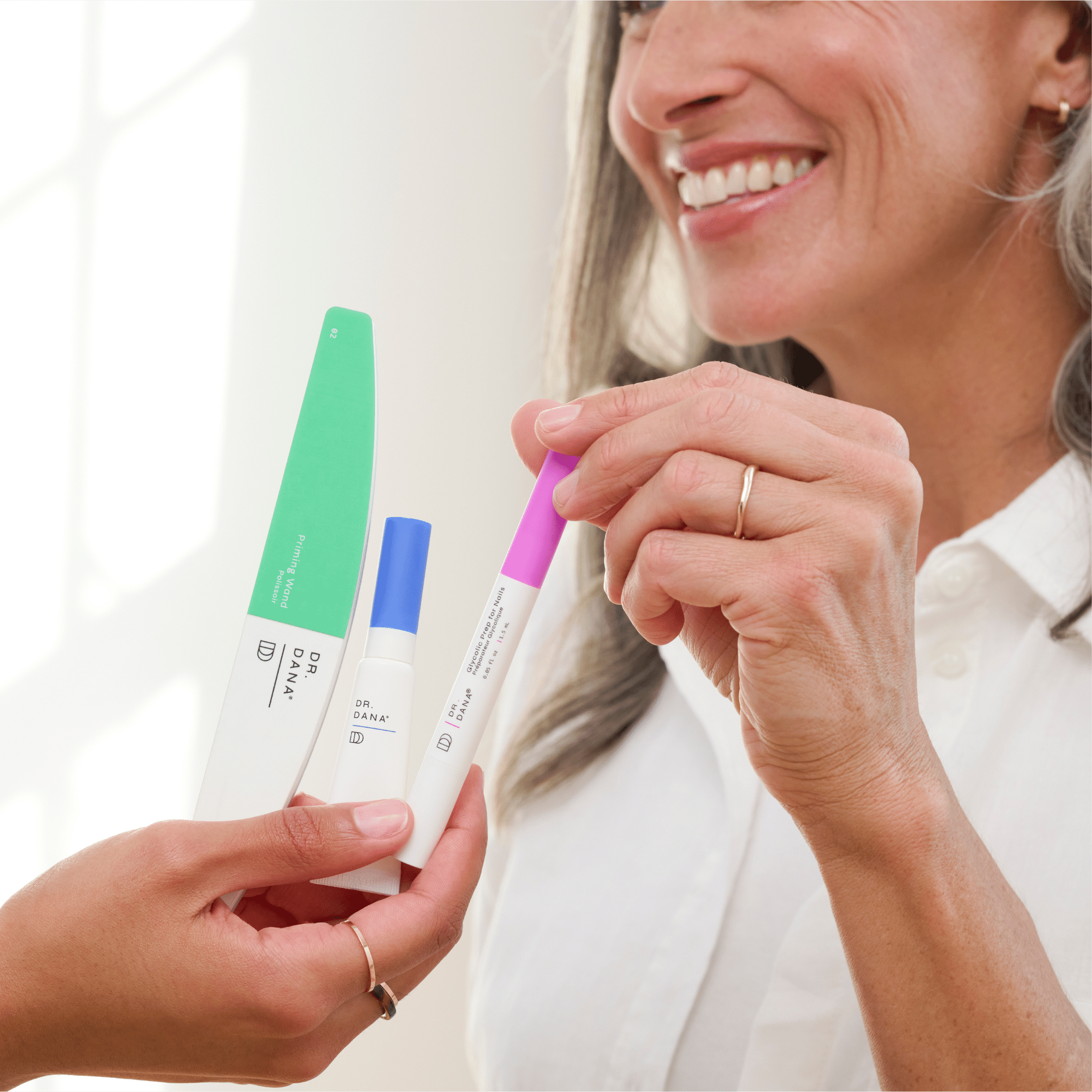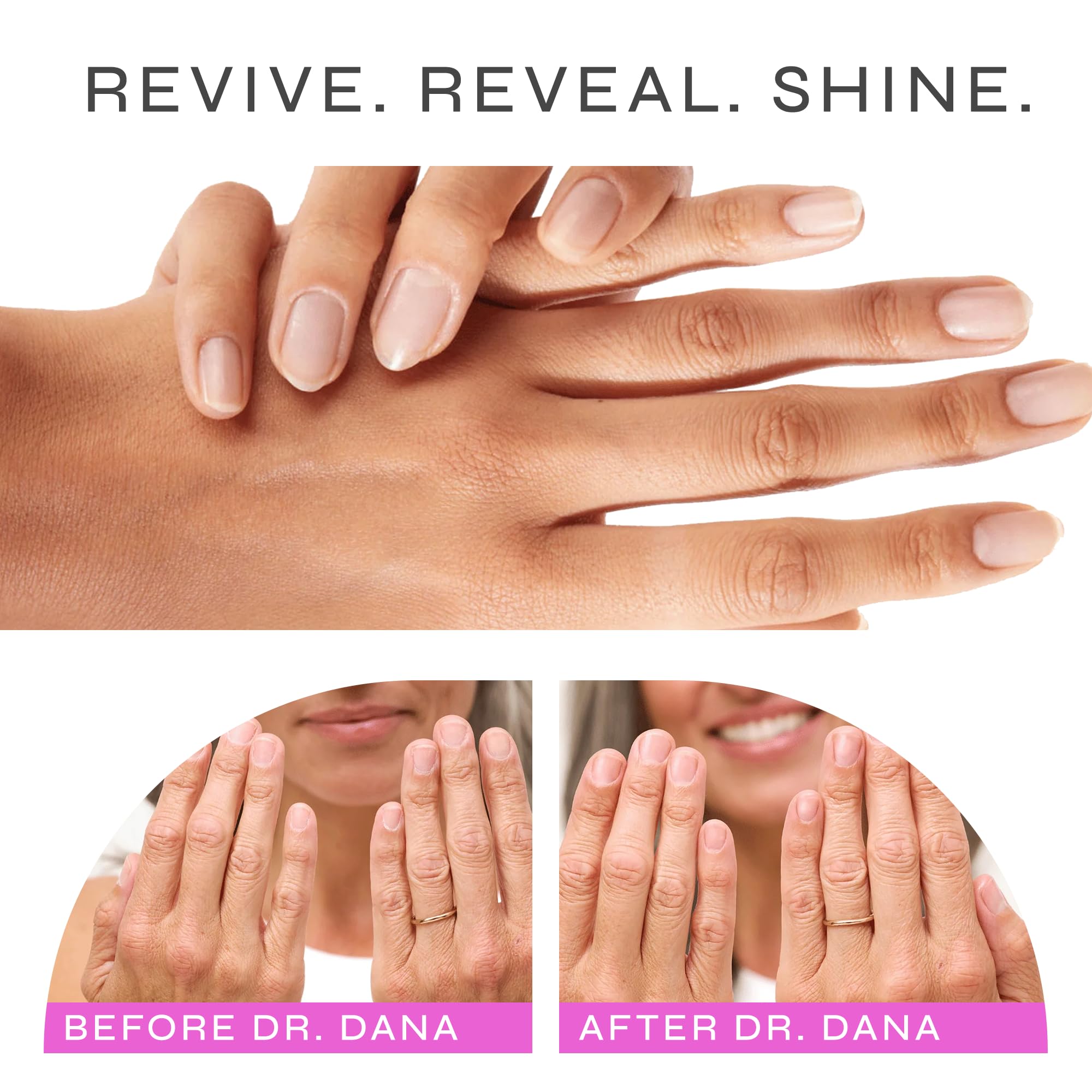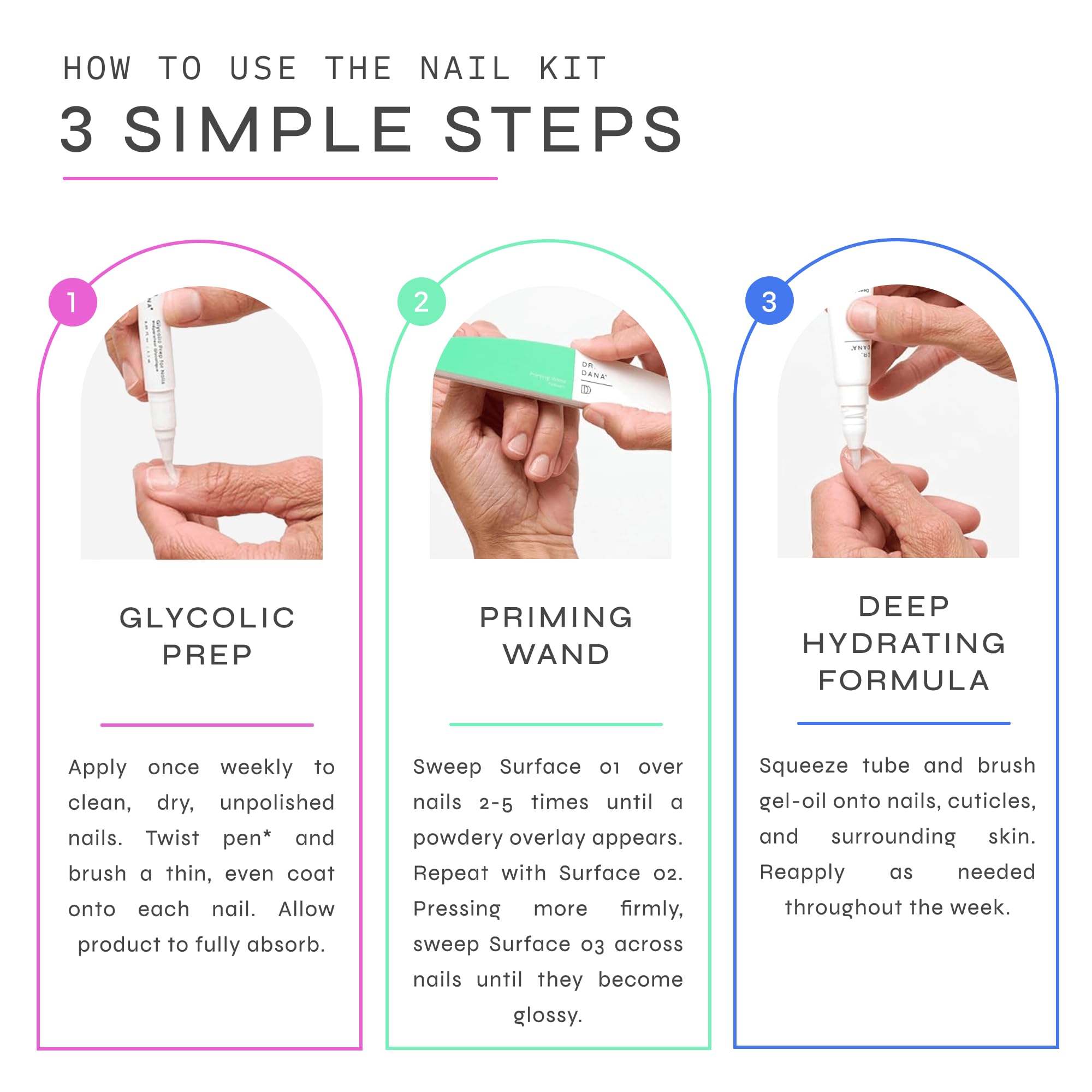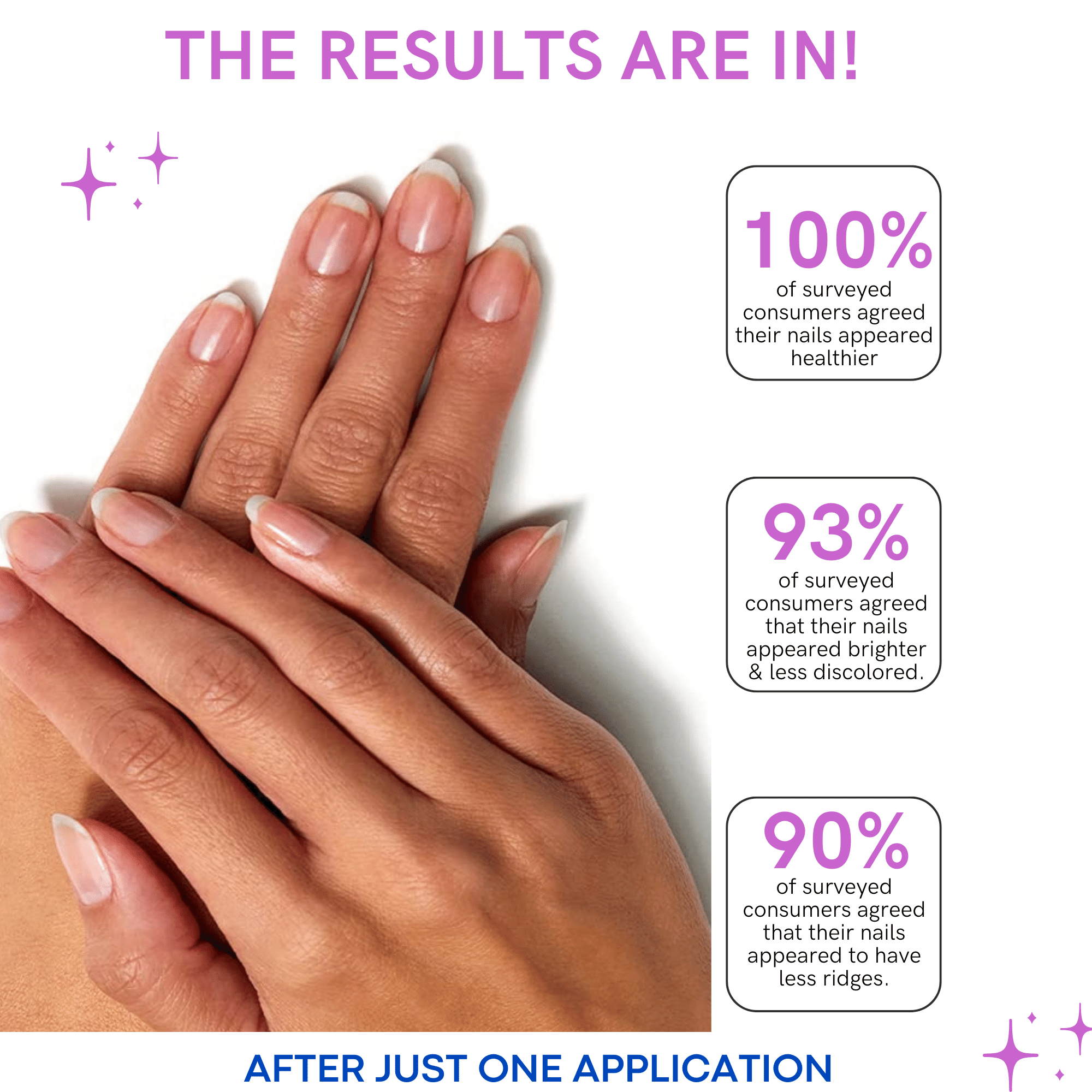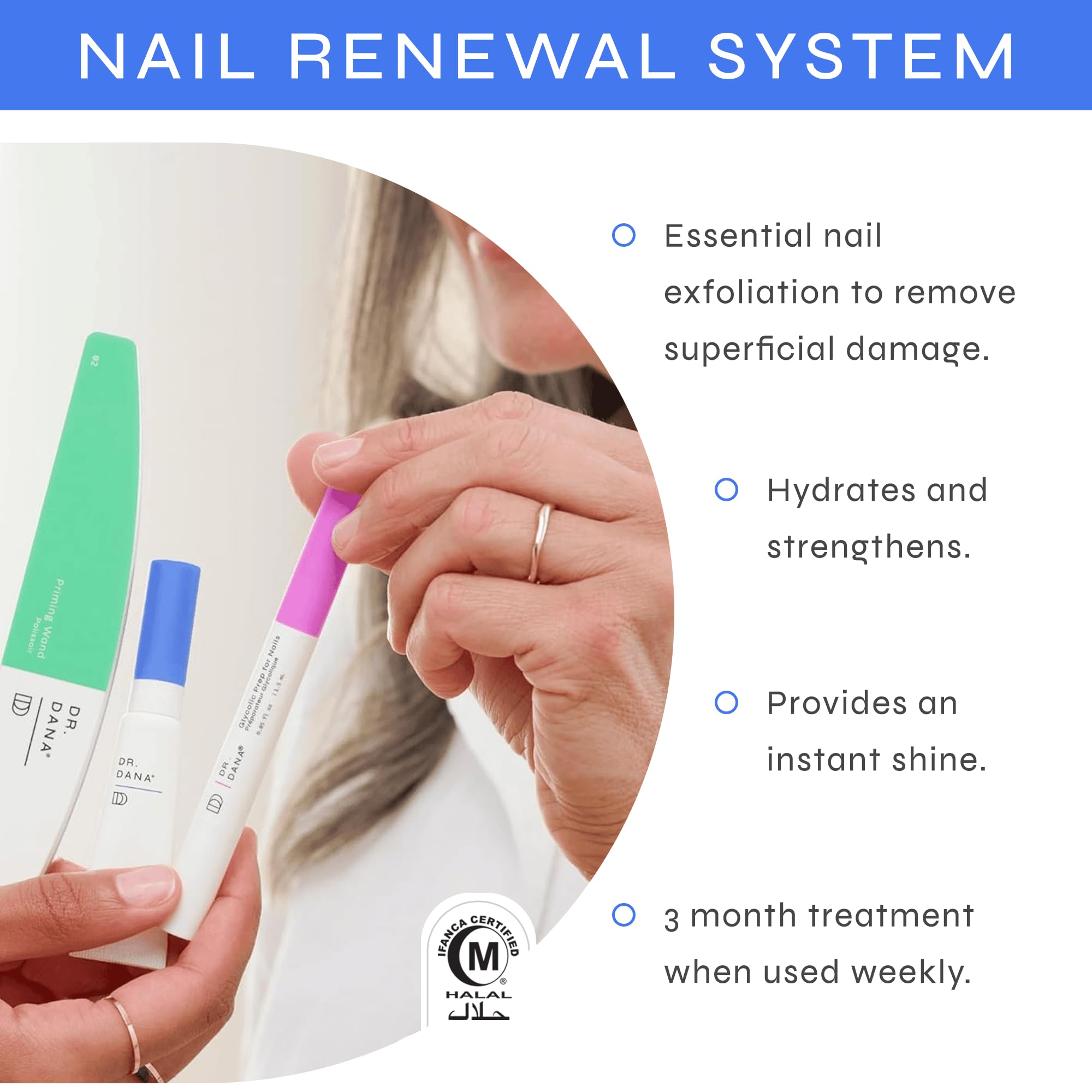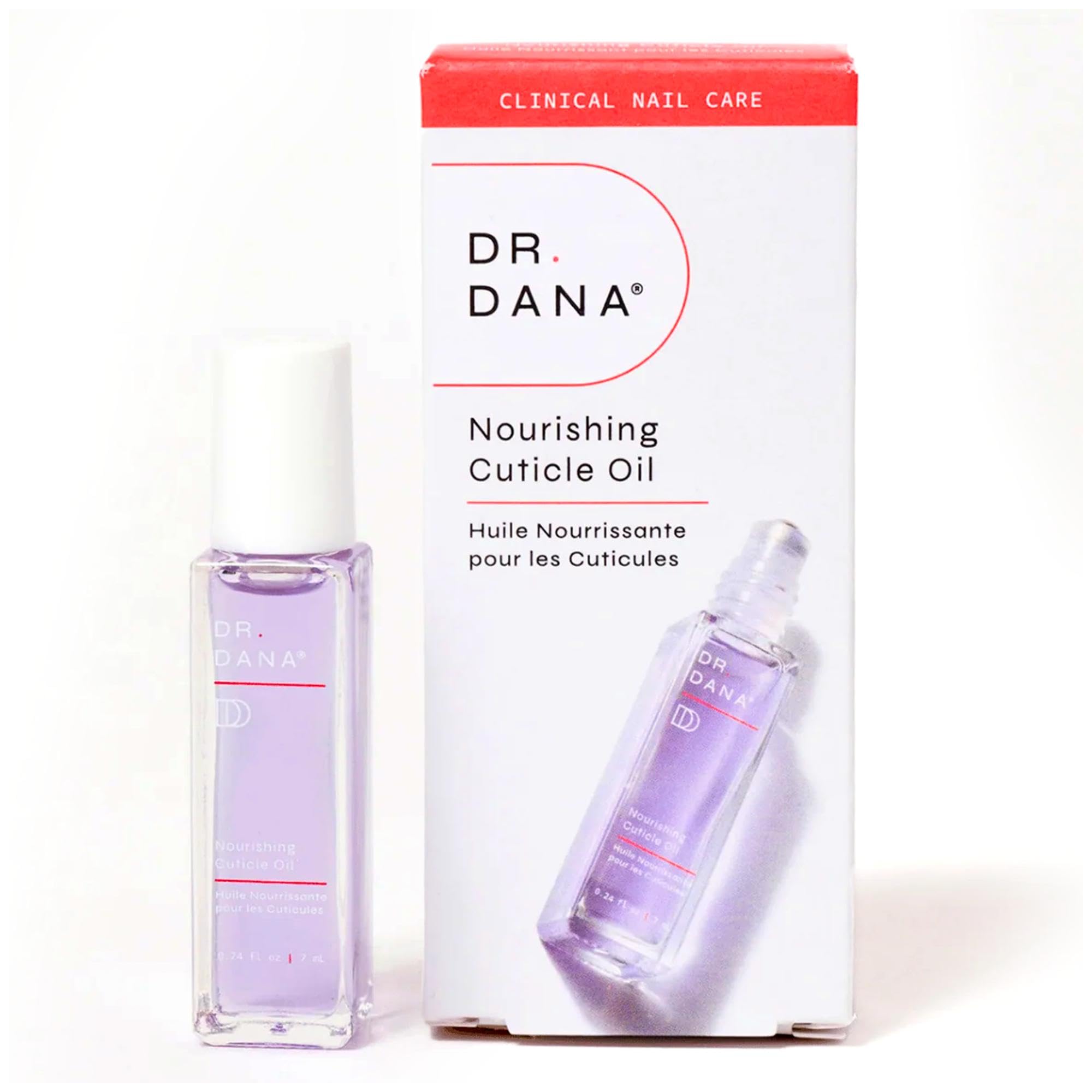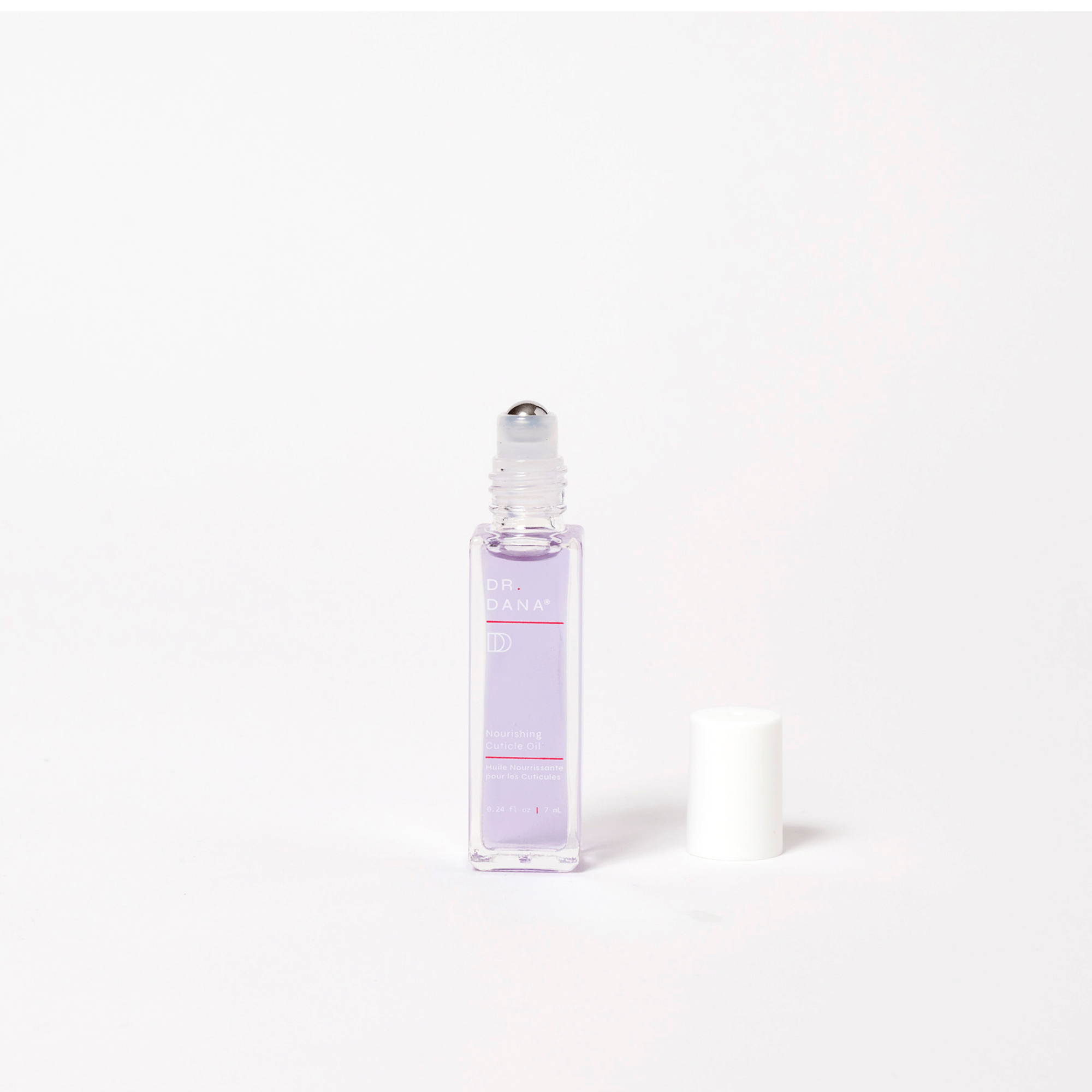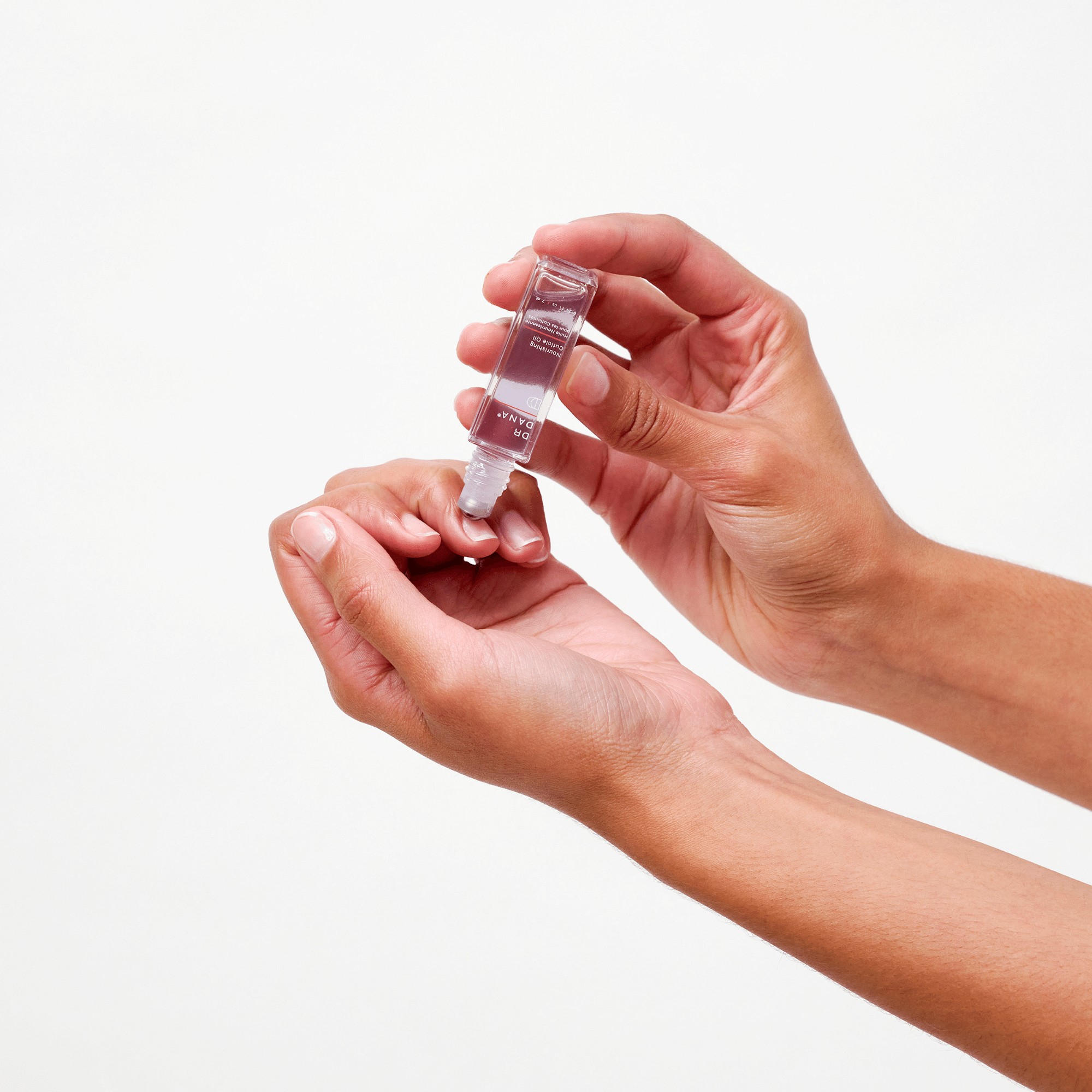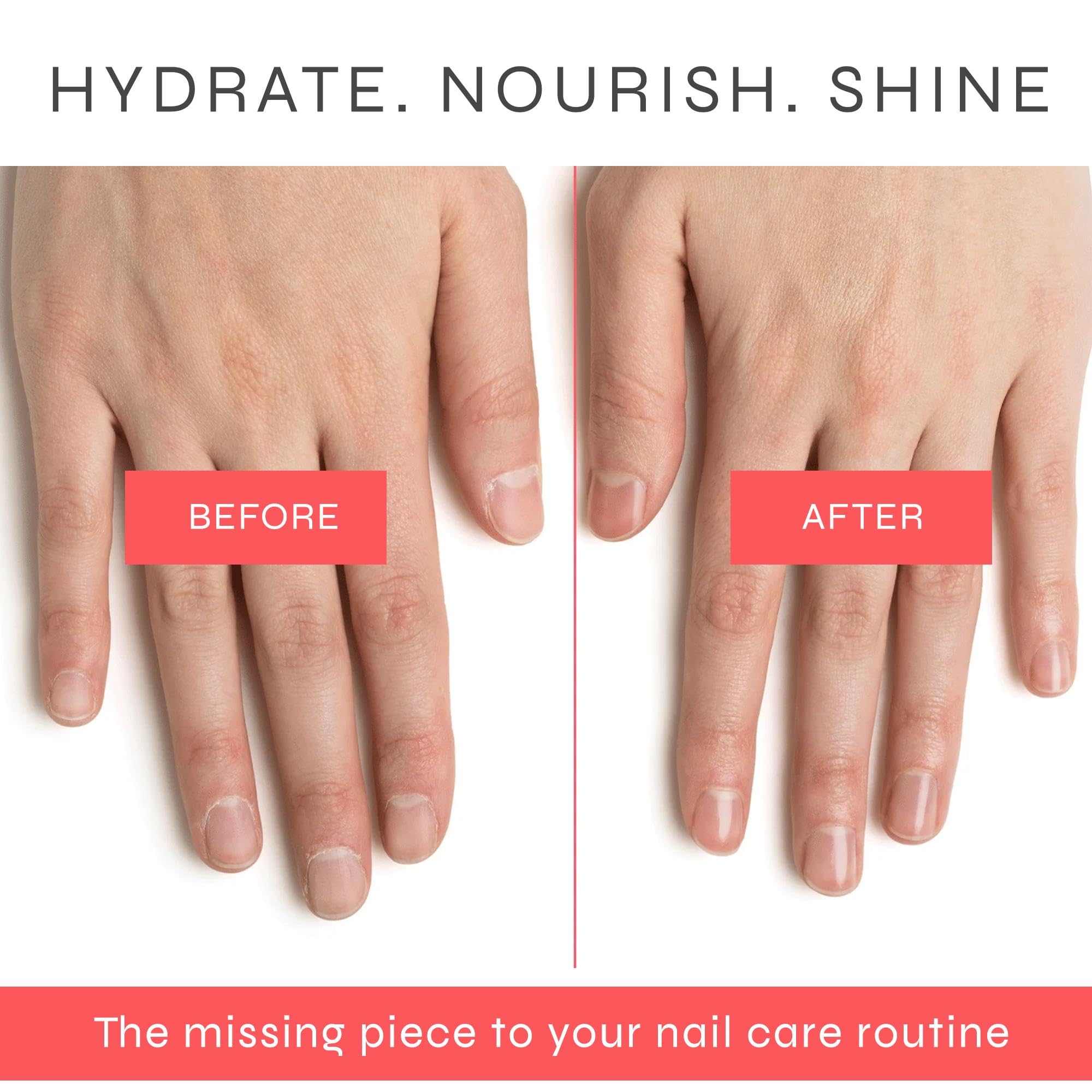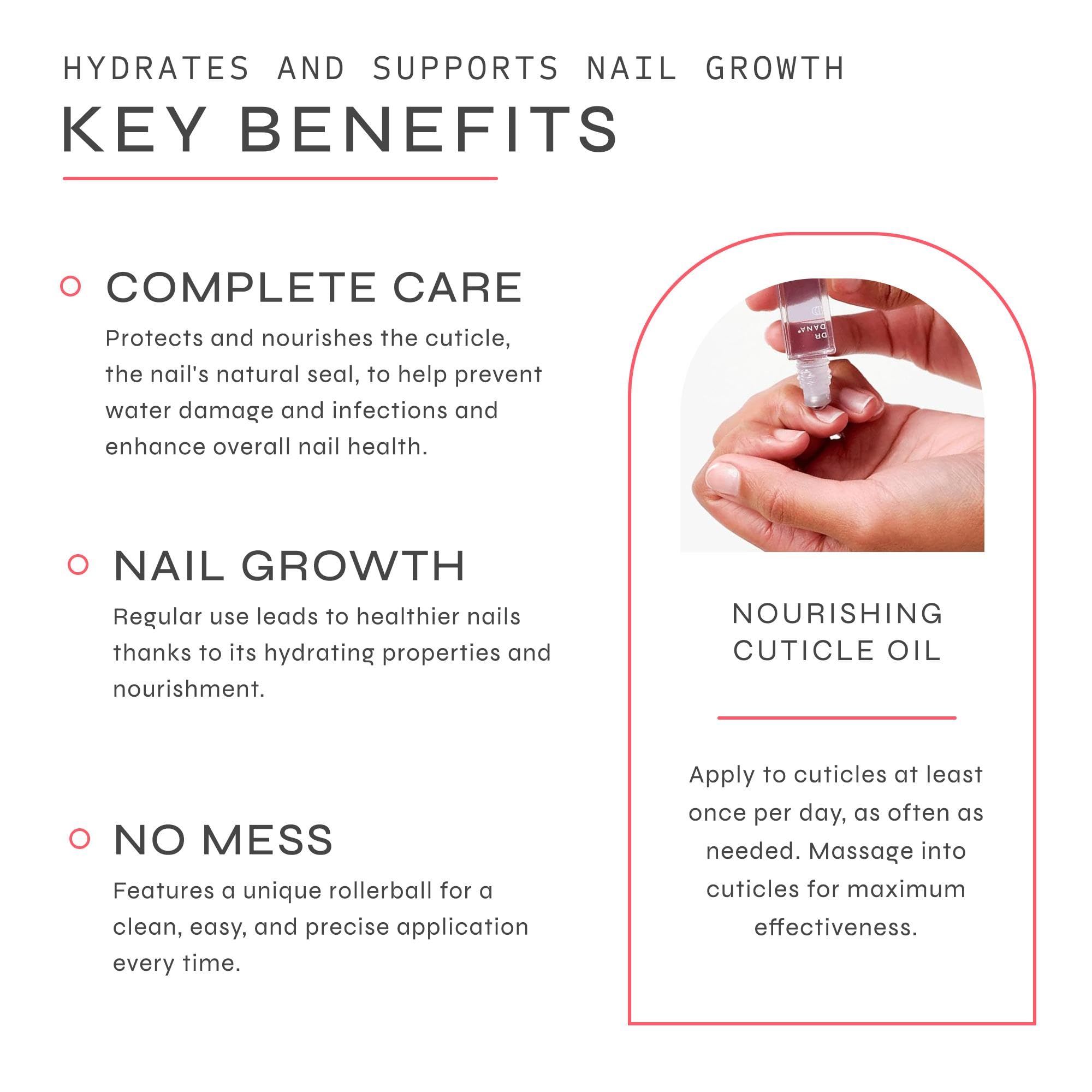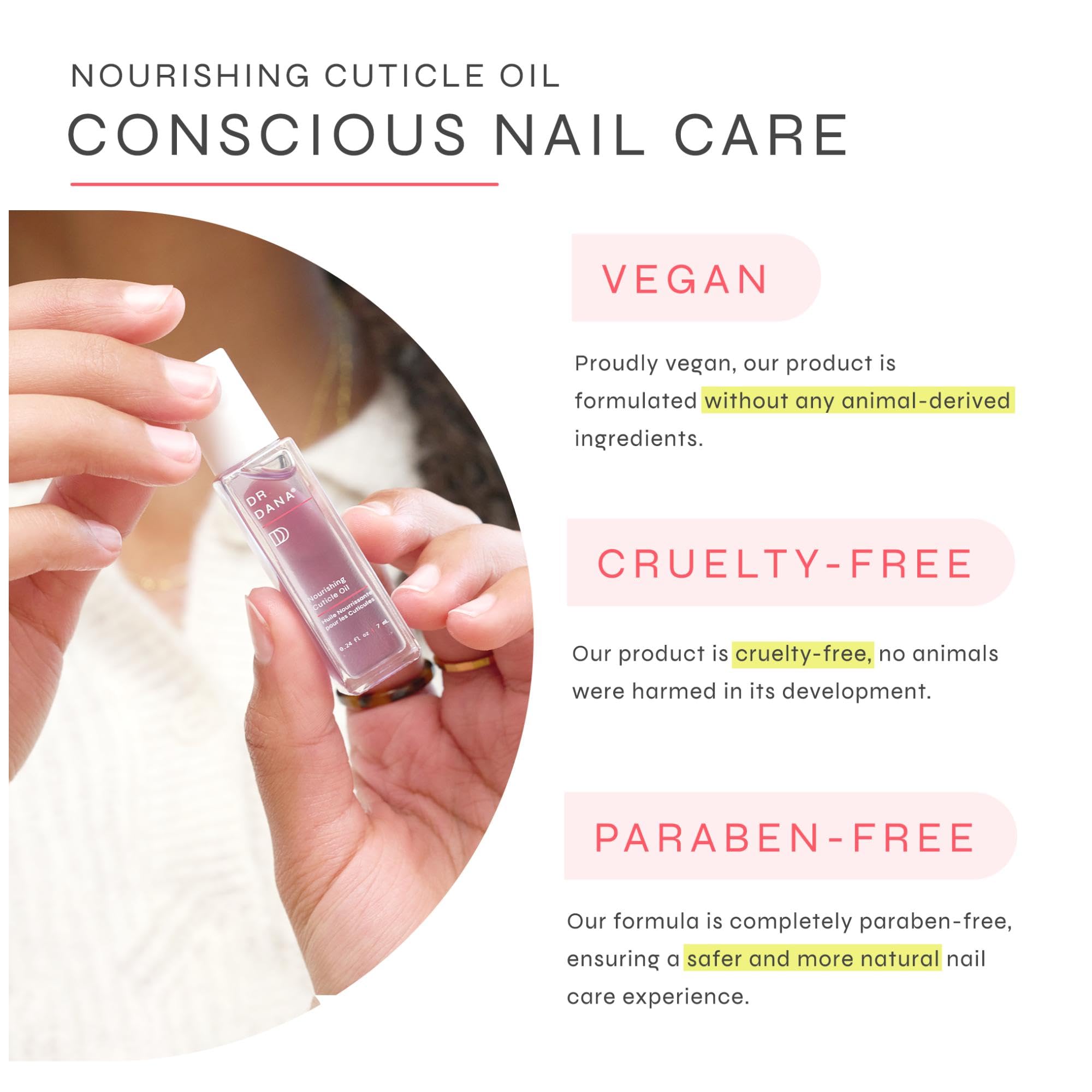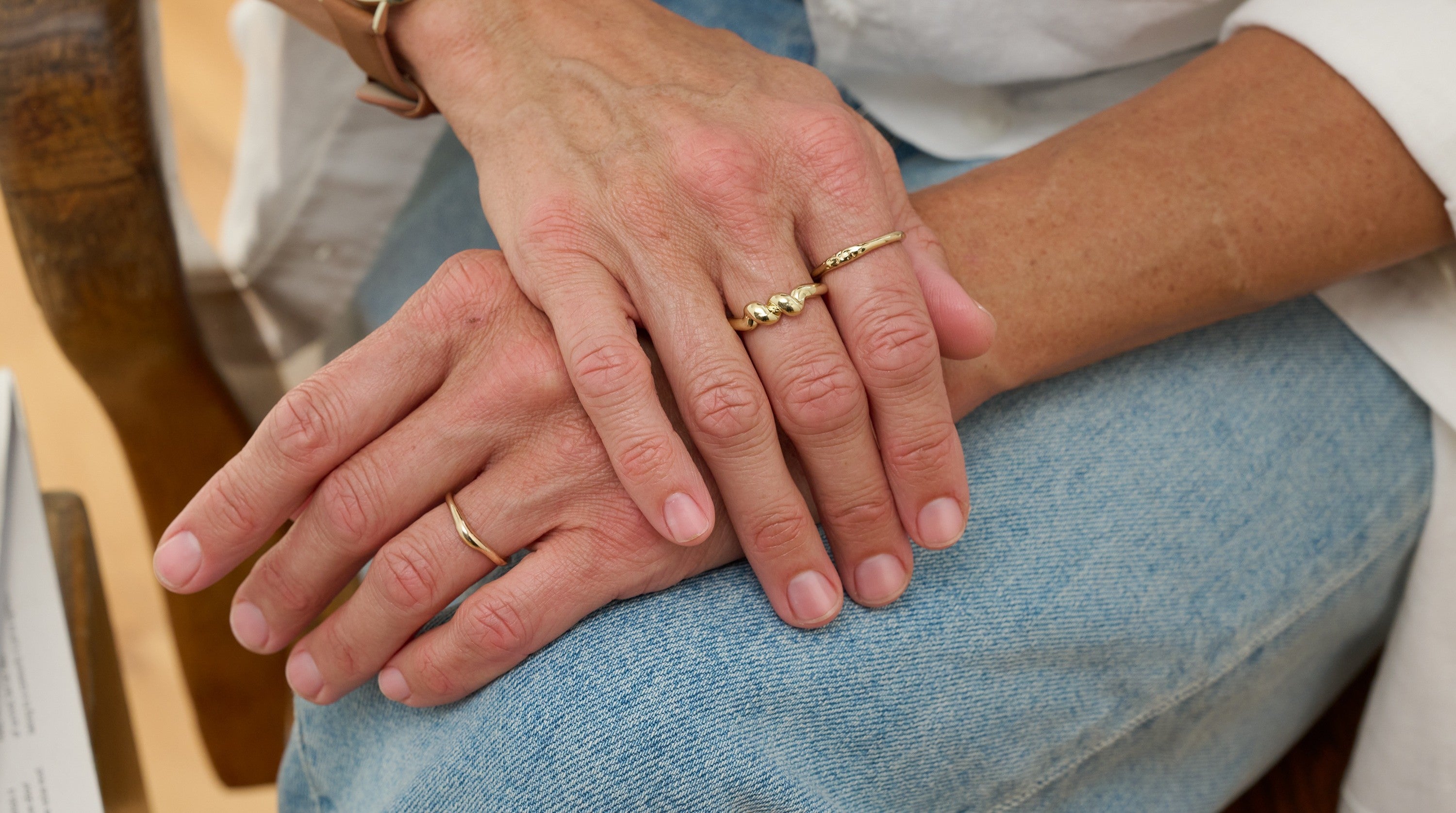Do you love getting your nails done, but sometimes find your fingers feeling less than fabulous afterward? You might be experiencing a nail glue allergy or a reaction to other nail product allergy symptoms. While the world of nail art and enhancements offers endless possibilities, it's crucial to understand that some individuals can develop sensitivities to the chemicals involved. This post will break down everything you need to know, helping you keep your nail game strong and healthy!
What Are Nail Product Allergies and Why Do They Happen?
A nail product allergy occurs when your immune system reacts negatively to a substance in nail glues, polishes, gels, or acrylics. This isn't always just a minor irritation; it can be a specific immune response that can manifest in uncomfortable and sometimes severe ways. With the popularity of DIY nail kits and salon treatments, awareness of these potential reactions is more important than ever. Knowing the signs can help you protect your nail health and avoid future discomfort.
Irritation vs. True Allergy: Knowing the Difference
It's easy to confuse simple irritation with a full-blown allergic reaction, but there's a key distinction.
- Irritation: This is usually a short-term response to a harsh chemical or improper application. Symptoms might include mild redness, dryness, or a slight stinging sensation that typically resolves quickly once the product is removed or adjusted. Think of it like getting a strong cleaning product on your skin for a moment.
- True Allergy: This is a more persistent and often escalating reaction. Your immune system has been sensitized to a specific ingredient, and subsequent exposure will trigger a more significant response. True nail product allergy symptoms may include persistent swelling, blistering, severe itching, peeling skin, and a rash that may spread beyond the nail area.
If your symptoms linger or worsen, it's a potential indicator you're dealing with a true allergy rather than just temporary irritation.
Acrylates: The Most Common Culprit in Nail Allergies
When it comes to nail glue allergy and other product reactions, one group of chemicals frequently takes the spotlight: acrylates (compounds often found in acrylic acid). These monomers (a fancy word for simple molecules) are the building blocks found in many nail products, including:
- Nail glues (especially for tips and press-ons)
- Gel polishes
- Acrylic powders and liquids
- UV gel extensions
Acrylates are fantastic for creating durable, long-lasting nail enhancements, but they are also potent sensitizers. This means that with repeated exposure, your body can develop an allergy to them. Once you're sensitized, even tiny amounts can trigger a reaction.
Unpacking Nail Product Allergy Symptoms
So, what exactly does a nail product allergy look like? As mentioned, the symptoms can vary in severity and presentation, but here are some common signs to watch out for:
- Redness and Inflammation: The skin around your nails (cuticles, nail folds) may become red, swollen, and tender.
- Intense Itching: A persistent and often severe itch around the nail area or even on other parts of your body that have touched the product.
- Blistering: Small or large fluid-filled blisters can form on the skin surrounding the nails.
- Peeling or Flaking Skin: The skin around your nails may become dry, crack, and peel.
- Rash: A contact dermatitis rash can appear on the fingers, palms, wrists, or even eyelids (if you've touched your face after contact).
- Loosening of the Nail Plate: In severe cases, the nail plate itself may begin to lift from the nail bed (onychomycosis or onycholysis).
- Worsening with Repeated Exposure: A key sign of an allergy is that reactions become more severe each time you use the offending product.
Here’s a visual representation of some common nail product allergy symptoms:

When to See a Doctor
Honestly, we believe that it is important to prioritize your health regardless of the level of concern. So book a consultation with your dermatologist if you feel the need at any point. But Iif you suspect a nail glue allergy or any nail product allergy symptoms, it’s best to seek professional medical advice asap. Don't try to "power through" the symptoms or apply home remedies that might worsen the situation.
Consult a doctor if you experience:
- A rash that is spreading rapidly or not improving after a few days.
- Signs of infection (pus, increased pain, fever).
- Severe blistering or pain.
- Your symptoms are significantly impacting your daily life.
A dermatologist or allergist should be able to accurately diagnose your condition. They may perform patch testing, where small amounts of common allergens are applied to your skin to identify the specific culprit. This is the most reliable way to confirm an allergy and help you avoid future reactions.
Safer Alternatives for Sensitive Nails
Don't despair if you've developed an allergy or feel that your skin is showing signs of sensitivity! There are still plenty of ways to enjoy beautiful nails:
- Hypoallergenic nail products – Look for polishes and treatments labeled “3-free,” “5-free,” or “hypoallergenic.”
- Press-on nails with gentler adhesives – Some press-on nail brands offer alternative adhesive tabs that are less likely to cause a reaction than traditional liquid nail glue. Patch test first!
- Water-based nail polish & gentle removers – Less irritating and easier to remove without harsh chemicals. Try the Dr. Dana Hydrating Non-Acetone Nail Polish Remover, an acetone-free formula with grapefruit peel oil and rosemary extract to cleanse, hydrate, and protect nails with every swipe.
- Natural nail care – Focusing on nail health is the best long-term strategy. Products like the Dr. Dana Nail Renewal System, gently exfoliate, hydrate, and strengthen nails—without the harsh chemicals that often trigger allergies.
- For daily care, Dr. Dana Nourishing Cuticle Oil provides hydration with natural botanicals, keeping nails healthy and resilient against breakage.
Your Nail Care Takeaway
Your nails and the skin around them deserve the same care and attention as the rest of your body. Listening to the signals your body sends, especially concerning potential nail glue allergy or nail product allergy symptoms – is crucial for long-term nail health. Avoid DIY fixes that might aggravate the issue, and don't hesitate to seek professional medical advice.
At Dr. Dana, we believe in naturally based, safe nail care products that prioritise your health while keeping your nails looking their best. One of our favourites is the Dr. Dana Hydrating Non-Acetone Nail Polish Remover, an acetone-free formula enriched with grapefruit peel oil and rosemary extract to cleanse, hydrate, and protect nails with every swipe.
By choosing safer alternatives and staying informed, you can keep your nails looking beautiful without compromising your well-being.



